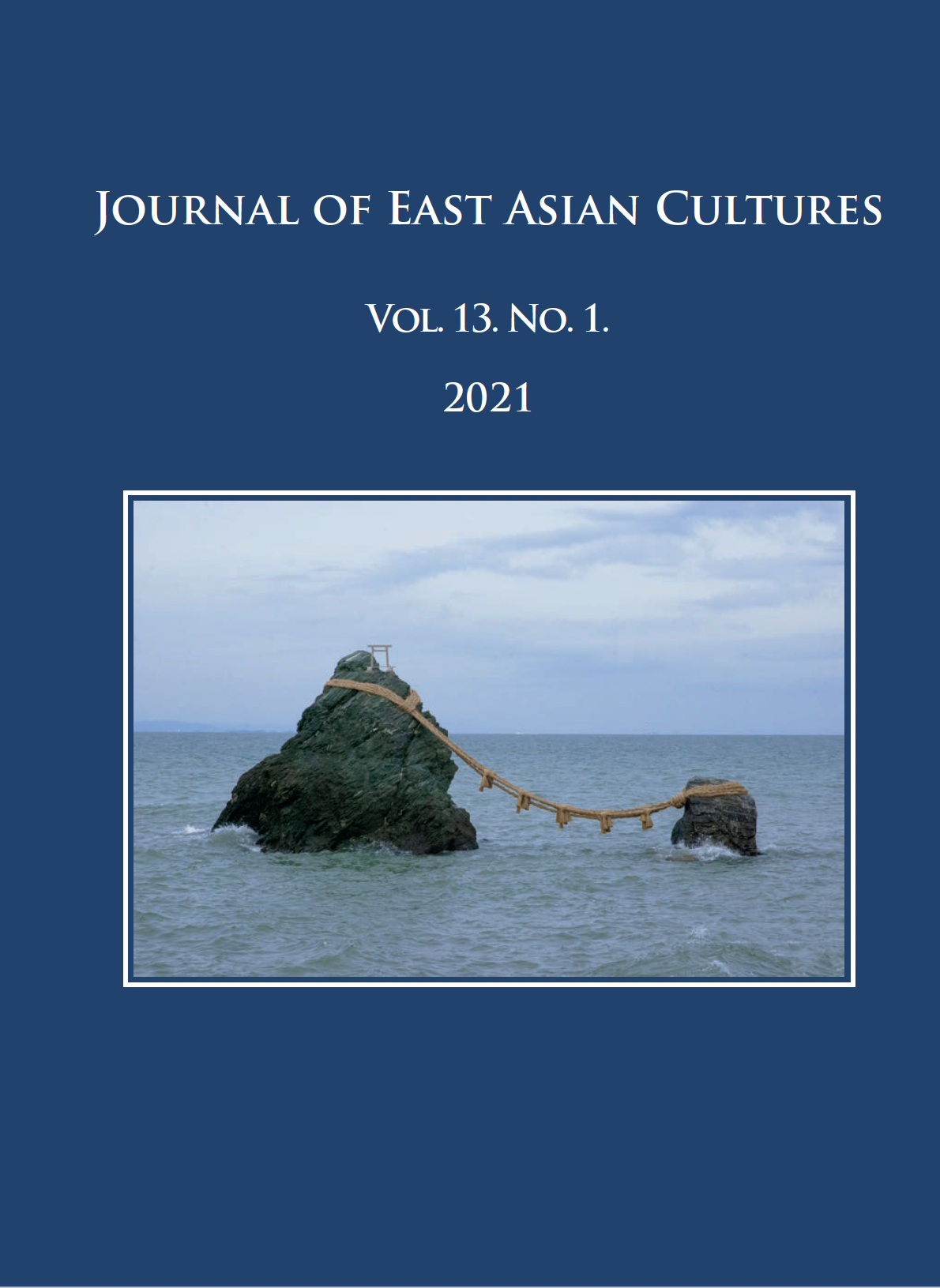The Buddhist Interpretation of the Confucianist Concept of Family: Filial Piety as Universal Compassion
The Buddhist Interpretation of the Confucianist Concept of Family: Filial Piety as Universal Compassion
Author(s): Imre HamarSubject(s): Philosophy, Theology and Religion
Published by: Eötvös Loránd Tudományegyetem
Keywords: Confucianism; Buddhism; filial piety; ethics
Summary/Abstract: Filial piety is one of the cardinal moral values in Confucianism, and has become a keystone in the Chinese social value system, describing and prescribing the proper functioning of human communities at micro (family) and macro (state) levels. The introduction of Buddhism, which advocates that only those who live in celibacy pursuing the career of a monk can easily have access to the highest truth, challenged the uniformly accepted moral obligations of Confucianism, and initiated a dialogue, sometimes a debate, with the Chinese literati on the differences and similarities of Buddhist and Confucianist ethics. This article offers an insight on how Chinese adepts of Buddhism made efforts to prove not only that filial piety is a requirement for all practitioners of Buddhism as a kind of concession in a social environment where filial piety is a representation of virtuous human existence, but also, by forging Indian scriptures on filial piety and visualisation and commenting on Indian scriptures, that this lies at the centre of Buddhist practice.
Journal: Távol-keleti Tanulmányok
- Issue Year: 13/2021
- Issue No: 1
- Page Range: 3-20
- Page Count: 18
- Language: English

